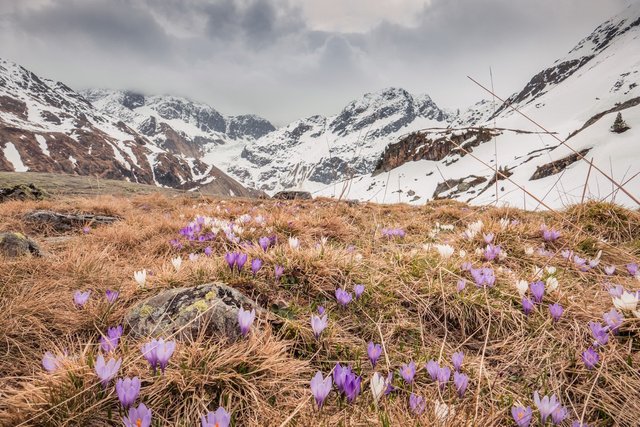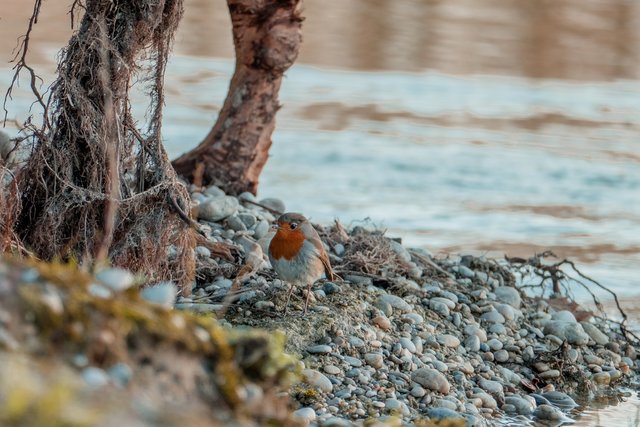Hello, my name is Samuel, i m from Germany, Bavaria and i’m helping for several years people how they can improve their photography skill.
Usually, the people visit my course and they have already a camera. Most likely they have a DSLR or mirrorless camera with a kit-lens. And this is where sometimes the pain starts. Because most of the people think, they buy an expensive DSLR or mirrorless and have then the best thing what they can get. But indeed, this is not true, especially for beginners.
When you just start with photography from scratch, and you have no idea, what you would like to take photos of — a bridge camera like a Sony RX10 MkII or Panasonic Lumix FZ-1000II will be the better option for sure.
The reasons is quite simple why you will drive better with bridge cameras like these than with a DSLR or mirrorless and a cheap kit-lens:
-Much higher flexibility, you can do almost everything with these cameras
-Very good lenses, much better optical quality then a kit-lens
-You get the chance to find your area of photography much more easier
-You carry less, you have more fun with the tool as a beginner

Captured with the Panasonic Lumix FZ-1000
So, these are the main reasons from my point of view. Let’s go more into detail. Overall, what is important about a good camera:
- Sensor size
- Good lens
- Good auto-focus
- RAW capability
I’ll tell you now more about sensor size and the lenses, i can promise the auto-focus and also the RAW capability are fine on the mentioned cameras. What i really can recommend when you want to go deep into technical detail are the reviews from Dpreview.
Sensor size:
Yeah, a DSLR or mirrorless have bigger sensors than bridge cameras. BUT: the sensors of the bridge cameras like Sony RX10 MkII or Panasonic Lumix FZ-1000 aren’t small. It is the question about how you compare them and what do you really need. Bridge cameras making a compromise between sensor size and the lens to achieve the ultimate flexibility and still get very good image quality. As a beginner, you need no full-frame sensor, you need a tool to figure out and develop your skills. TL;DR: 1 Inch sensor size in the bridge camera is pretty nice for good quality photos!
Good Lens:
Yeah, this is the part where the fun with the bridge camera starts. With these crappy kit lenses of most of the manufacturer you can make some nice photos as well. BUT: You have a super limited range of “zooming” and overall the quality of these lenses are, i would not say worse, but not that good.
With a bridge camera like the Sony RX10 MkII you get a crisp lens, with a zoom range from 24 to 200mm with constant aperture f2.8! Amazing! With the successor, the Sony RX10 MkIV you get a range from 24 to 600m with an aperture starting from f2.4 to f4. Wow! This is not possible in the mirrorless/DSLR area. Most of the kit-lens have a range from 28 to 80mm (FF equivalent) with an aperture from f3.5 to f5.6. You might find “super-zoom” lenses from 28–200 with an aperture from f3.5 to f6.3. I tell you: they’r crap compared to what you get on these bridge cameras.
Here small comparison of focal lengths (zoom range) and aperture you get on following bridge cameras with 1" sensor size:
- Sony RX10 / RX10MkII: 24–200mm (8.3x) by constant F2.8
- Sony RX10MkIII / MkIV: 24–600mm (25x!) by F2.4–4.0
- Panasonic FZ-1000/FZ-1000II: 24–400mm (16.6x) by F2.8–4.0

Captured with the Panasonic Lumix FZ-1000
Overall conclusion if you are a beginner:
- If your budget is small i would recommend you the Panasonic FZ-1000. Delivers good quality overall, best price value product.
- If your budget is a bit bigger, i would recommend you the Sony RX10 MkII, from my point of view one of the best bridge cameras until now. The zoom range isn’t that big compared to the successor or Lumix, but you get constant aperture 2.8 and it has an integrated gray filter, more usefull than additional zoom.
- If you don’t care about your budget, buy the Sony RX10 Mark IV, it’s a beast!
- As far as i know, only the Sony cameras are weather/dust sealed.